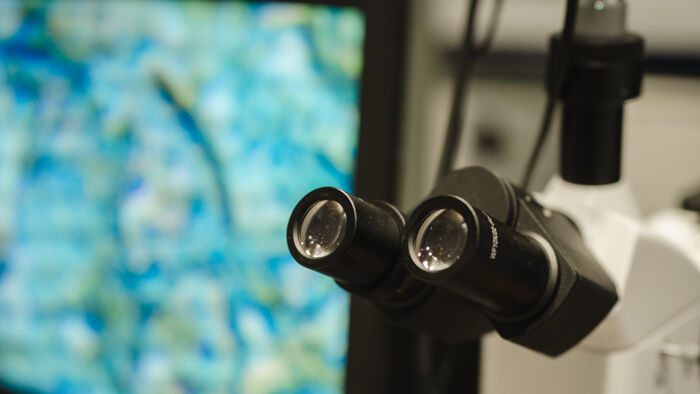Research
This is impact.
As the University for Birmingham we do more than research. We are led by the needs of industry in the region, committed to discovering new knowledge and delivering real benefit to culture, industry, society and the environment.
Explore our research portal
Explore up to date information about our researchers, their funded research projects and the research they have published on our Pure Portal here.

Research themes
Our thematic areas to which all our research is linked are Healthy Futures, Creative Cultures, Digital Innovation and Equitable Societies. As part of our commitment to Birmingham we explicitly encourage research that works with and for local communities to create measurable impact.
Impact in Birmingham
Our research generates academic knowledge and promotes tangible benefits for local communities, industries, and the cultural landscape of our city. We play a vital role in improving the environment, enhancing society, and enriching the culture and heritage of Birmingham through diverse and impactful research.

Our research degrees
Ready to make an exciting contribution to knowledge? Find out about PhD courses, including advice from doctoral researchers and guidance on fees and applications.
Research Projects
Solving real world problems with our expertise. Our research talent and drive to add a genuine contribution to knowledge help us make a difference through our work.
Discover our researchResearch Centres
Our research centres work to address key local, national and global challenges, in line with the priorities of the University, research strategy and our students.
Explore our centresResearch Ethos
We are a dynamic research force within the UK higher education sector and are committed to continuing growth in research excellence and new knowledge generation.
Find out moreResearch Blogs
Discover how our research is making local and global impacts and learn something new from our BCU experts in our research blogs.
Research Excellence Framework (REF)
Our REF 2021 results measure the excellence of our research outputs, impact and environment.
Our REF resultsPostgraduate Researcher Stories
Meet our innovative PGR community at BCU, who are committed to shaping the future in their fields.
Explore PGR storiesMeet our experts
BCU is home to talented and proactive research academics, with ground-breaking ideas challenging their field of study and the world.
Find out moreFind out about our PhD courses